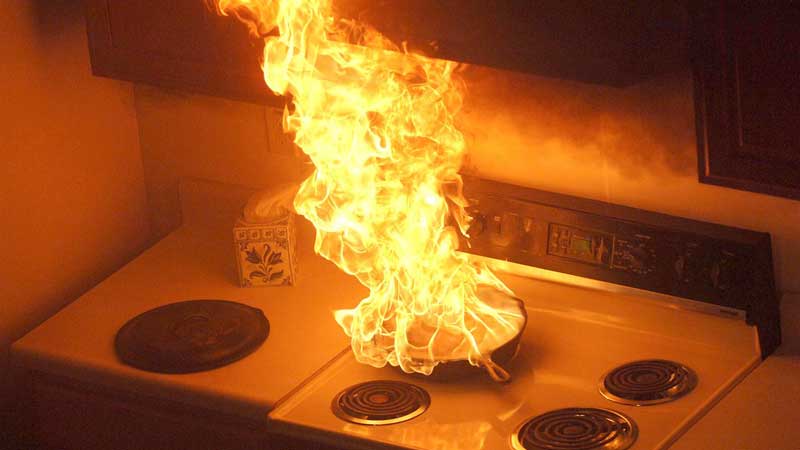🔥🚒 Classic Fire + Life Safety Sets Out to Dispel Confusion About Smoke Alarms as Part of Its Fire Prevention Week Awareness Campaign
Monday, 07 October 2024 04:33.PM
Fire Prevention Week (Oct. 6 to 12) has officially kicked off and Classic Fire + Life Safety joins the National Fire Protection Association (NFPA) in doing its part to educate Canadians on the important topic of smoke alarms. Inspired by the 2024 theme, “Smoke Alarms: Make Them Work for You”, Canada’s leader in commercial and institutional fire prevention and related products and services is utilizing its communication channels to remind Canadians to prioritize fire safety, ensuring fire detection systems are fully functional and tailored to each appropriate environment.
The content that will flow across Classic’s social media accounts, email distribution lists and websites aim to dispel the common confusion between smoke alarms and fire detectors, including:
Myth 1: Smoke detectors and smoke alarms are the same thing
While the terms are often used interchangeably, they serve different functions. Smoke detectors are components of larger fire alarm systems. Smoke alarms, on the other hand, are standalone or interconnected devices, commonly installed in residential homes. Both play an essential role in providing early warning signals, but understanding their distinctions ensures proper application for maximum safety.
Myth 2: Smoke detectors are sufficient for all situations
Smoke detectors are vital in most fire alarm systems, but they may not be suitable for every environment. In spaces with dust, fumes, or heavy industrial activity, heat or flame detectors may be more reliable, offering better detection tailored to specific fire risks.
Myth 3: All fire alarm detectors are the same
Different environments present different fire hazards, and not all detectors respond to them in the same way. Some detect smoke, while others sense heat or flames. The correct device for your unique fire risk is essential to ensure effective and timely detection, thereby optimizing life safety.
Myth 4: Installing more fire detectors always improves safety
While having a sufficient number of fire detectors is crucial, simply installing more detectors doesn’t guarantee enhanced safety. Location and the correct type of detector are just as important. Improper installation or using the wrong type for the environment can result in false alarms or a failure to detect real threats.
“As fire safety experts, we want to ensure that businesses are fully informed when it comes to their fire alarm systems,” says Francois Godin, CEO of Classic Fire + Life Safety. “It’s not just about having alarms or detectors installed – it’s about making sure buildings have the proper systems installed for the occupancy type to ensure code compliance and provide the best fire protection for the people who live and work inside their buildings.”
Fire Prevention Week, October 6-12, 2024, is an opportunity for business owners to review and assess their fire safety systems. Classic Fire + Life Safety urges all commercial and industrial establishments to take action, ensuring their systems are up-to-date, properly maintained, and compliant with regulations.
***
Classic Fire + Life Safety is a total fire and life safety company servicing the needs of organizations and institutions – large and small, private and public.
SOURCE: Classic Fire + Life Safety
- Related materials:
